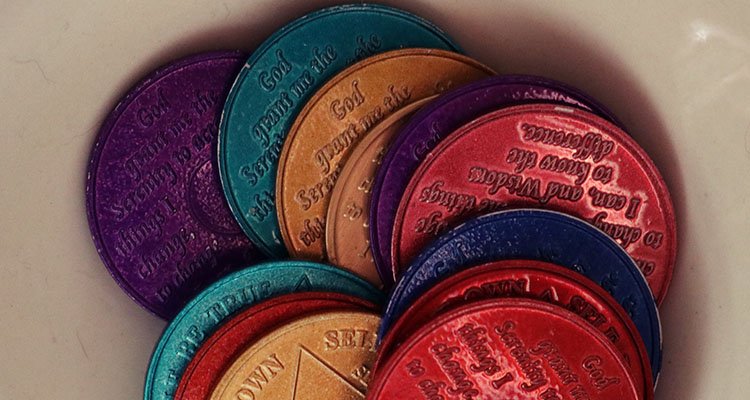[vc_row][vc_column][vc_column_text]When I decided I would get sober on August 1st, 2015, I knew I would do so without Alcoholics Anonymous. I had tried the program in 2009, but hadn’t connected with it. I didn’t stay sober for long that first time—not because of AA, but because I wasn’t ready. I hadn’t taken the time to think about what might work best for me.
I became an AA member because I thought it was the default. Everyone’s path to addiction is unique—so must be their recovery. I have always believed strongly in this philosophy. Some people attribute their sobriety to AA and the 12 steps. Others may work well with a different approach.
Now at 4 years and almost 4 months sober, I am in the latter group. I put a date on my sobriety a month before August 1st, 2015. During that time, I committed to therapy. Through my therapist, I found a support group for people making a difficult life change. I started meditating. I reached out to my support system, both to hold myself accountable and to let them know I might be needing extra care.[/vc_column_text][/vc_column][/vc_row][vc_row][vc_column][vc_single_image image=”30573″ img_size=”full”][/vc_column][/vc_row][vc_row][vc_column][vc_column_text]
It’s difficult to find statistics on success rates for people who use AA versus those who don’t. There are a few reasons for this. For one, Alcoholics Anonymous is, well, anonymous—some members don’t participate for fear of breaking anonymity. Additionally, according to Scott Lilienfeld and Hal Arkowitz writing for The Scientific American, 40% of AA attendees drop out.
For people who do continue with AA, success rates seem to be high. One study by The National Institute on Alcohol Abuse and Alcoholism found that half of participants who entered AA on their own remained sober at one and three years. Through anecdotal evidence alone, I have found that people who connect with AA get a tremendous amount of benefit from it. This is in keeping with a common AA saying: “It works if you work it.”
To my mind, therein lies the dilemma of trying to compare the success rates of one approach versus another. The people who find that AA works for them are going to be the people who continue showing up and re-committing to their recovery, even if they relapse. If it hadn’t worked for them, they would have dropped out.
I have been interested in this topic since I got sober—often doing my own online research—and I have never heard anyone talk about this conundrum. But I think it’s an important factor to understanding long-term recovery. Even though AA hasn’t been the route I’ve taken, I agree that it works if you work it. If you are committed to finding the addiction treatment, therapies, or plans that work best for you, you will have a better chance at success.
At TruHealing Centers across the country, we work with you on an individual basis to find an addiction treatment plan tailored to your needs. If you need help, many of us at Amatus have been where you are, struggling with our own Substance Use Disorders. We understand how difficult it can be. No one should have to go at it alone. Visit amatusrecoverycenters.com to learn more about how we can support you.[/vc_column_text][/vc_column][/vc_row]








